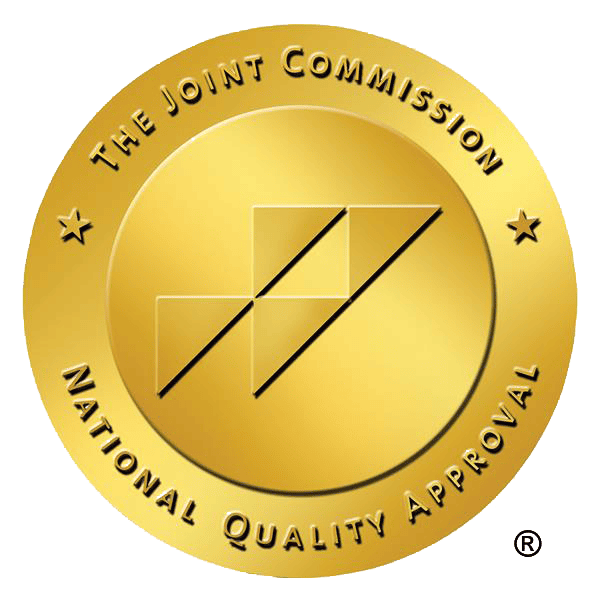Proactive substance use prevention, as opposed to reactive substance use treatment, can save families time, emotional stress, and energy. Research supports the notion that approaching difficult topics with children and teens non-confrontationally and with support as opposed to using intimidation and threats can be one of the most effective ways to prevent your child from engaging in substance use.
Here are five things you can do to help prevent youth drug use in your family:
1. Have Dinner As A Family
A considerable amount of research links rates of teen substance abuse to how often they eat dinner with their family on a weekly basis. Eating dinner five or more times a week as a family has been shown to significantly decrease the probability a teenager will engage in drug use.
2. Have The “Drug Talk” Early On
Have a frank, sit-down conversation with your child about drugs, opening that line of communication early on, preferably when your child is in 5th or 6th grade. If your child is older than 10 or 11, don’t worry; your child is never too old for you to chat with them about the harmful effects of drug use. This is not the time to attempt to scare your child, but rather to have a healthy dialogue and answer any questions they might have about drugs.
3. Lock Up Prescription Medications
One of the most common places teens get hold of drugs that are not prescribed to them is the medicine cabinet at home. Place your prescription drugs in a safe, secure place.
4. Create An Intervention Plan Proactively
Nobody wants to find out their teen is engaging in drug use, but what happens if they are? Create an intervention plan well in advance. Do some research on substance abuse counselors, therapists, and psychologists in your area who are affordable for your family and store their contact information, so you know who to call if that day ever comes. Many families tend to spend a lot of valuable time doing this research after the fact, which can increase the amount of time it will take for your child to get help.
5. It’s You and Me, not You vs. Me
Parents and teenagers often find themselves at odds with one another. Some of this is natural and expected. However, it is important for you to create a “we” culture as opposed to a “me” culture in your home. Always remind your child how much you care about them and show them that you will be there to support them in a healthy, loving way. Strong and positive family bonds are the greatest protective factor a child can have.
If the time does come that your child needs professional guidance for alcohol or substance use, remember that The Prairie Recovery Center is a serene, supportive environment where clients can heal and recover, just a 90-minute drive from Huston and Austin.
Meanwhile, our parent company Ethos Behavioral Health Group offers an array of adolescent programming ranging from intensive outpatient programs to individual, group and family therapy.
Reach out to our client care team confidentially by tapping here to find out how we can support you and your loved ones.









